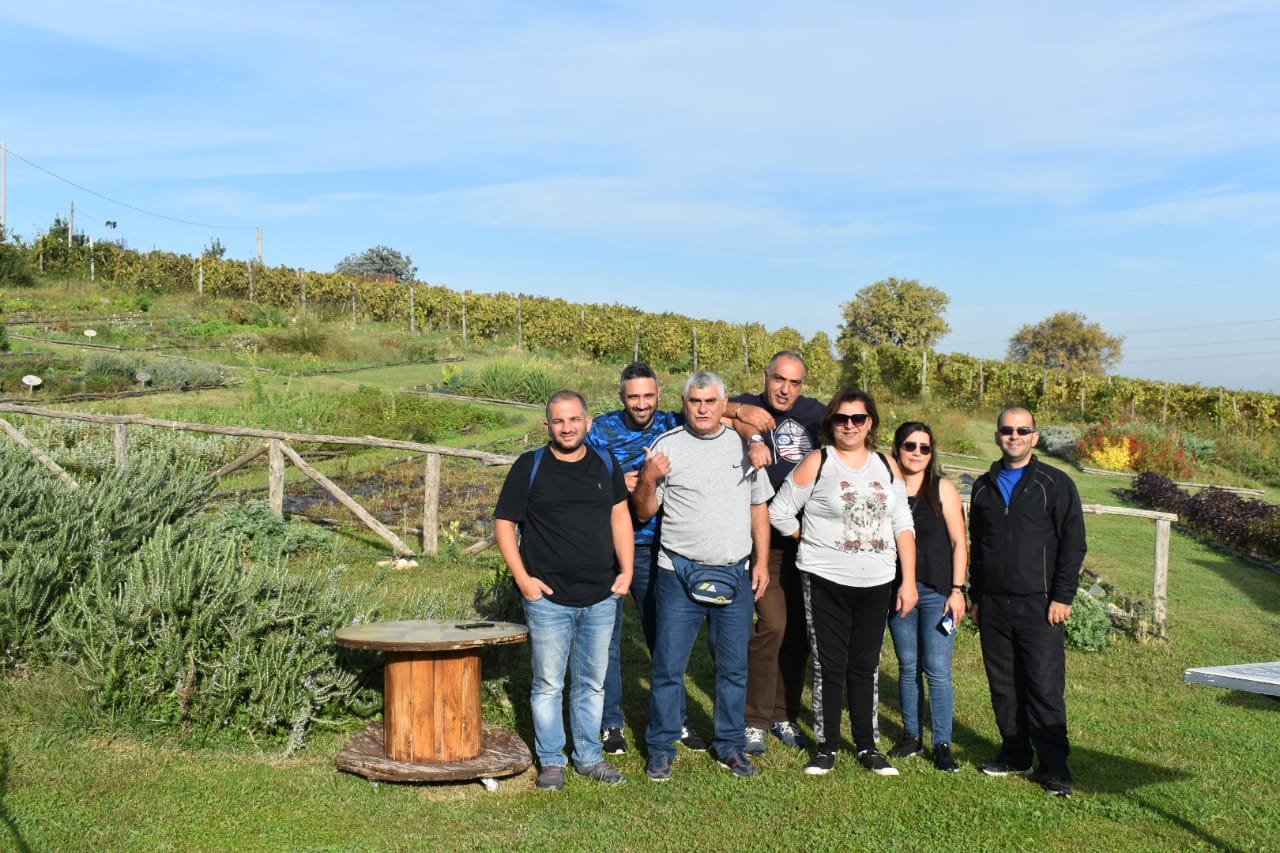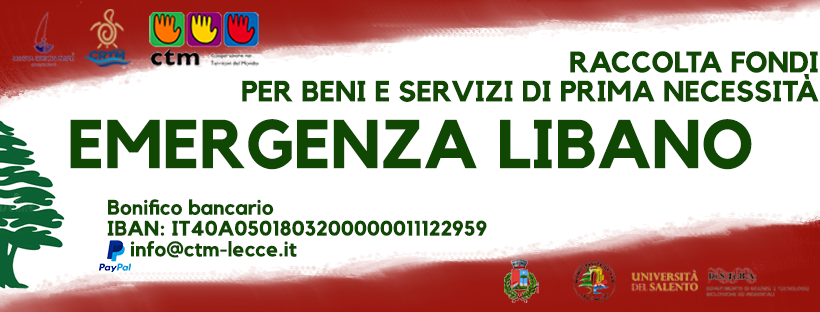Grottaferrata (Rome), October 2019.
The training activity for the educators of rehabilitation centers is one of the activities envisaged in the international cooperation project “Strengthening of prevention, rehabilitation and social and economic reintegration services for drug addicts and former drug addicts in Lebanon”, funded by the Italian Agency for Development Cooperation (AICS) and implemented by CTM, in partnership with the Lebanese Association Oum el Nour.
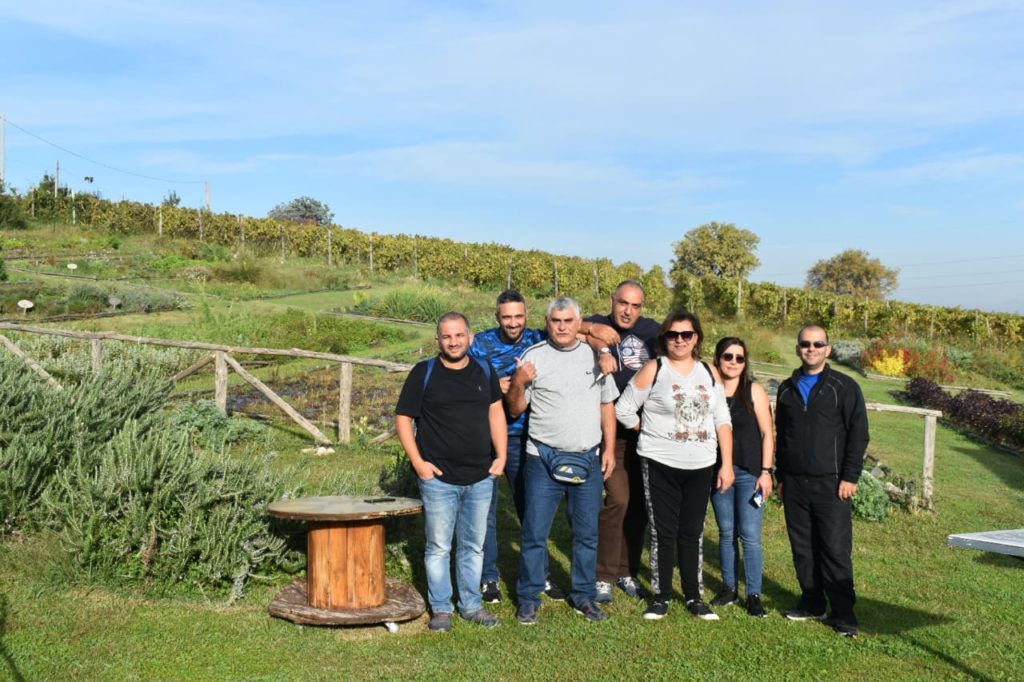
During the second year of the project, six educators participated in an itinerant training on the technical aspects of social farming interventions with the Italian partners of the project: the Capodarco Cooperative, in Lazio and the Sierra Lo Greco Agricultural Company, in Puglia.
This year, seven educators were the beneficiaries of the training that was held in Italy from 20 to 27 October.
The training course paid particular attention to the methods of involving people with drug addiction in social farming interventions. For this reason, Lebanese educators spent the entire training week at the Capodarco Cooperative in Grottaferrata.
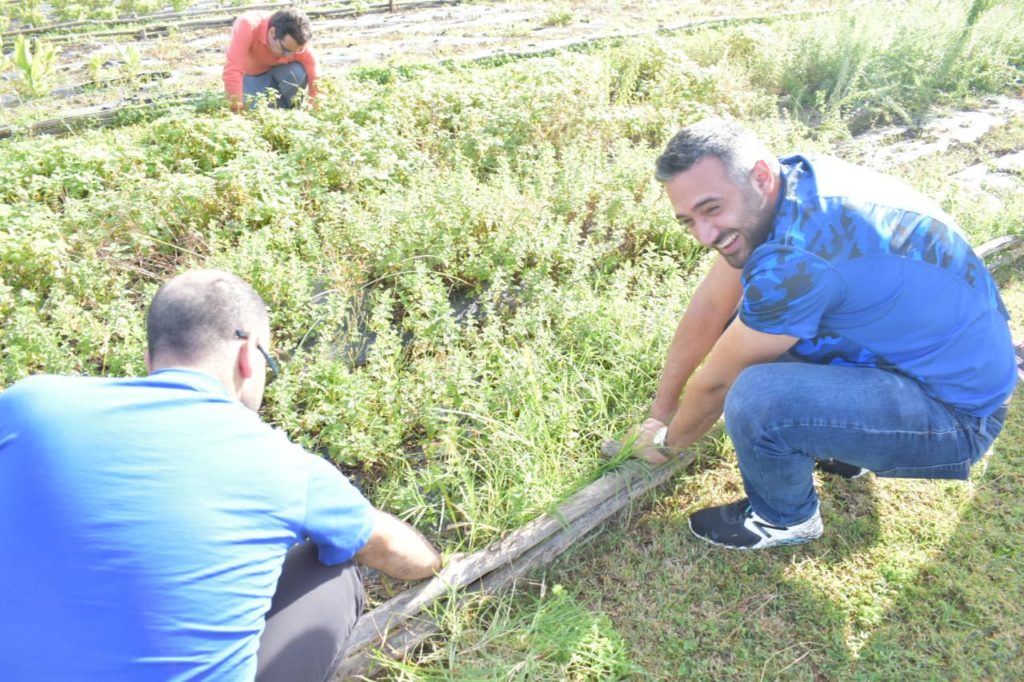
The training included, in the morning, the support of Italian operators in daily activities with young people in rehabilitation to allow an exchange of impressions but also of techniques between Italian and Lebanese operators, to improve the quality of the educational intervention.
In the afternoons, instead, round tables were held on topics such as the management of a family home, the possibilities of international involvement in social agriculture interventions, the relationship with the territory surrounding the rehabilitation centers.
Lebanese educators were also able to visit the facilities of the Capodarco Cooperative on the Mistica estate in Rome.
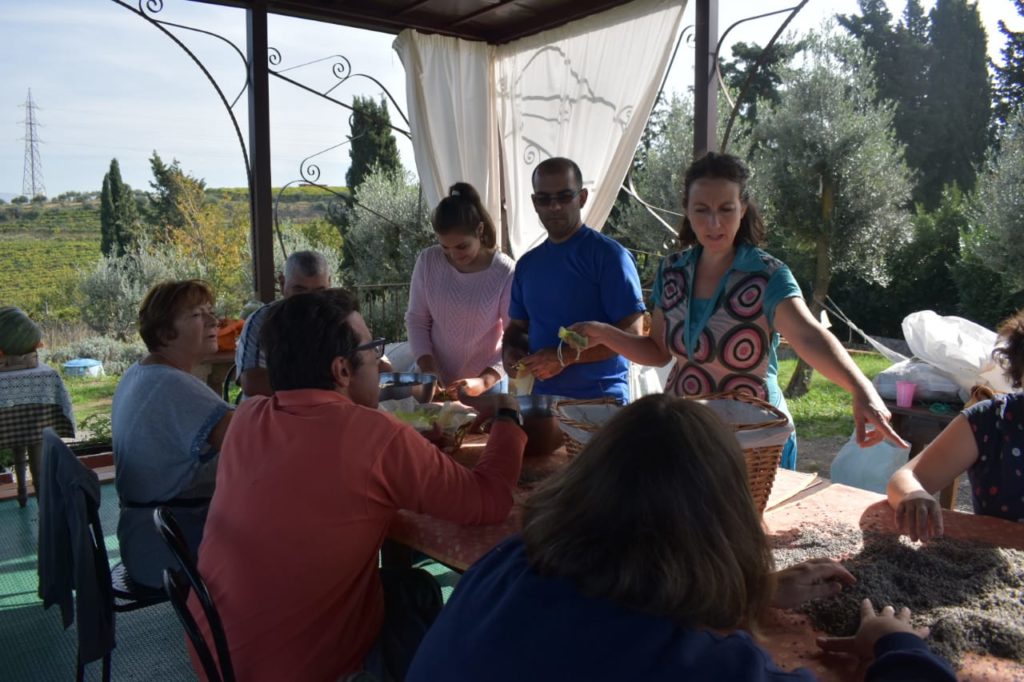
It was an important visit because it testifies to the interesting development opportunities for social agriculture interventions. The educators had the opportunity to directly experiment new approaches about the proposal of social agriculture for drug addicts in rehabilitation, so acquiring skills that can then be adapted to the Lebanese situation.

